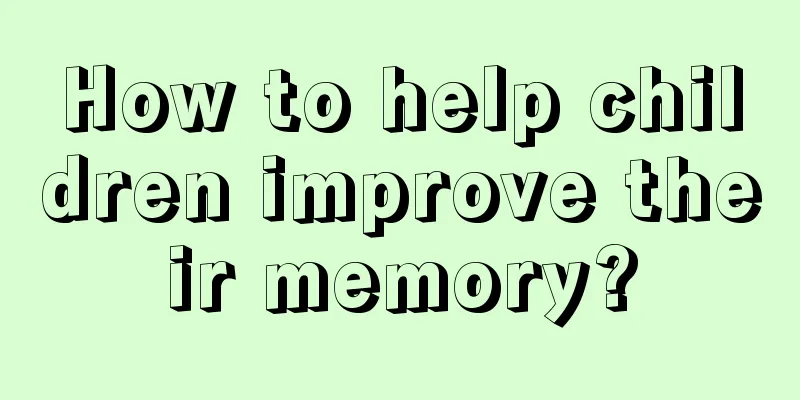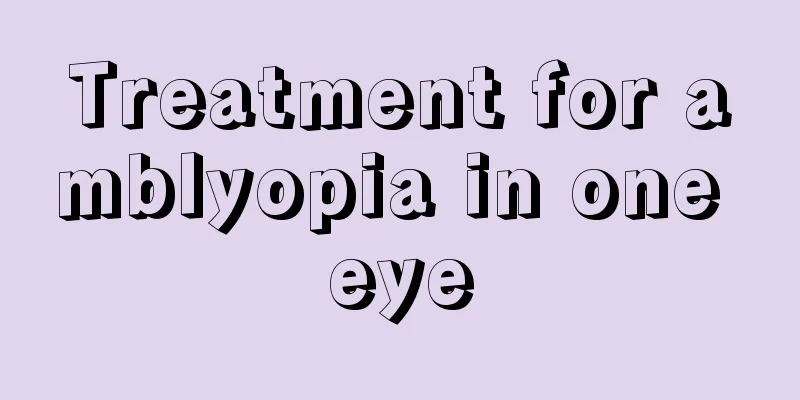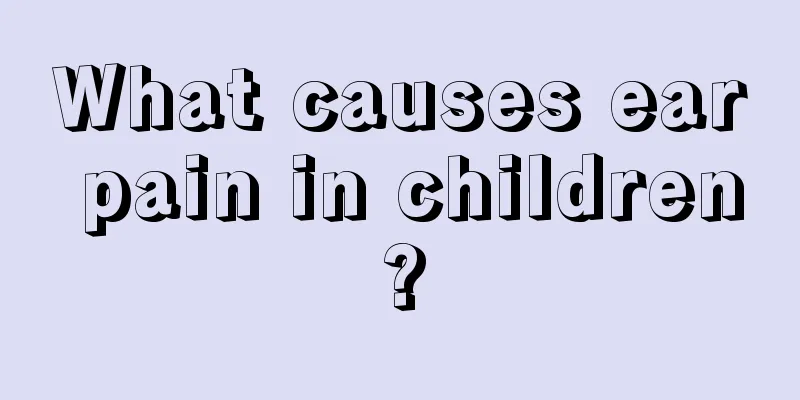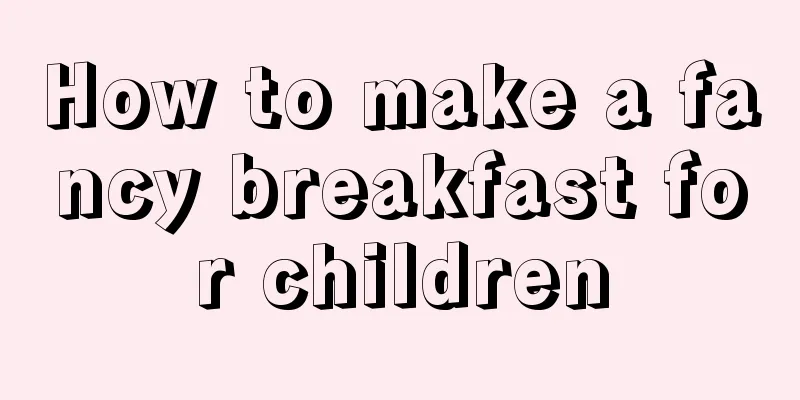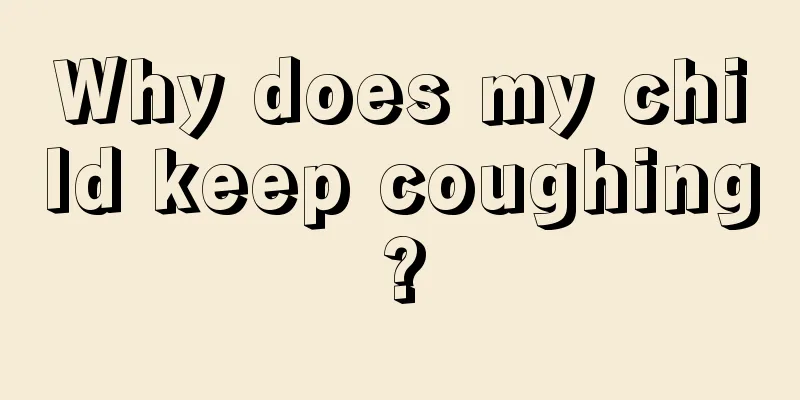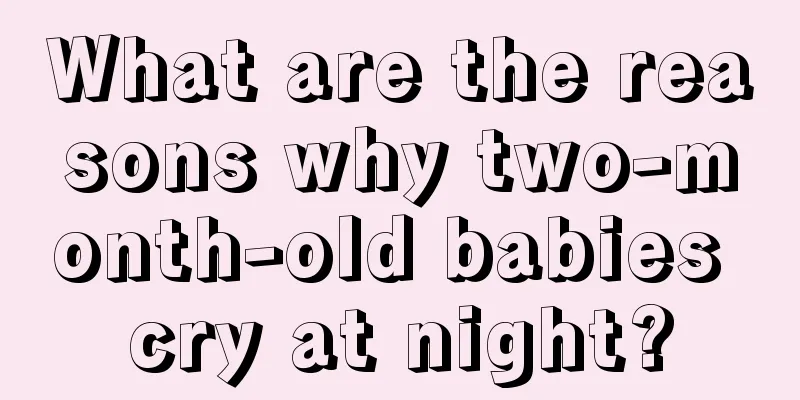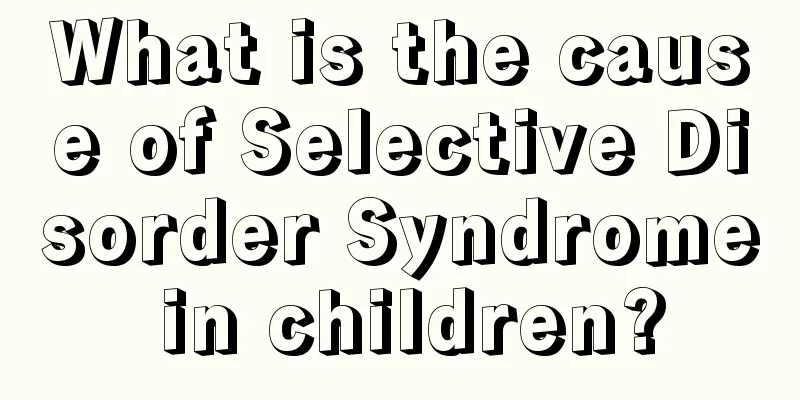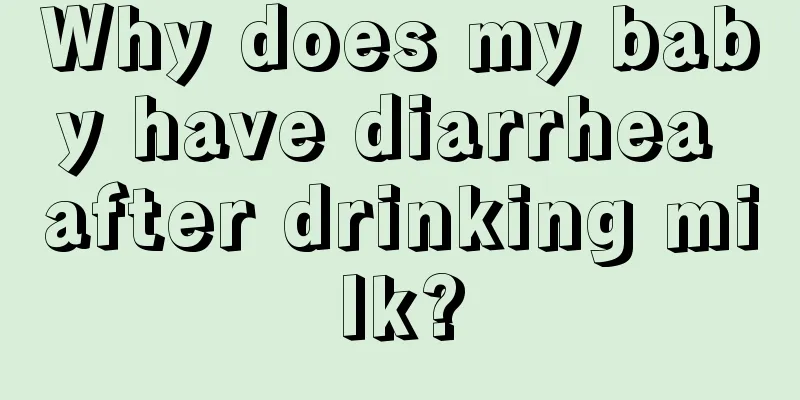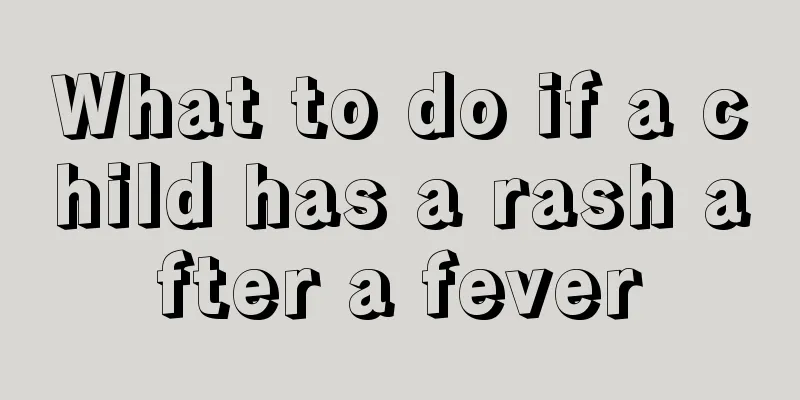How to treat amblyopia in children
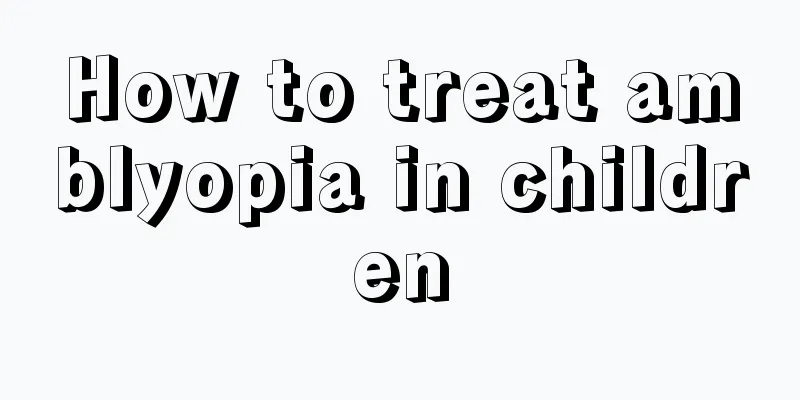
|
The incidence of amblyopia in children is becoming higher and higher. Some parents become very anxious when they find that their children's vision has deteriorated. In fact, although amblyopia cannot be completely cured immediately, as long as the corresponding treatment measures are found, the deterioration of the disease can be controlled, and the children's vision can be effectively improved. The vision will not be too low and the correction purpose will be achieved. What to do if your child has amblyopia Eliminate inhibition, improve vision, correct eye position, and train macular fixation and fusion functions to restore binocular vision function. The therapeutic effect of amblyopia is related to age and the nature of fixation. It is better at 5 to 6 years old and worse after 8 years old. Central fixation is better and paracentral fixation is worse. 1. Refractive correction Correcting refractive error is the most basic treatment for amblyopia, especially for anisometropia and refractive amblyopia. 2. Eye surgery For some cases of strabismic amblyopia caused by non-accommodative strabismus, surgical correction is required. 3. Masking therapy That is, covering the dominant eye and forcing the amblyopic eye to use it is the most widely used and most effective method for treating monocular amblyopia. 4. Depression therapy Wearing overcorrected lenses and dilating the pupil with atropine in the dominant eye is suitable for children with moderate to mild monocular amblyopia and poor compliance with occlusion therapy. 5. Drug therapy Dopamine, citicoline and other drugs combined with occlusion therapy can significantly improve the efficacy of amblyopia. 6. Others Afterimage therapy, red filter method, light brush therapy, visual stimulation therapy, flicker light therapy, helium-neon laser therapy, etc. are also often used to treat amblyopia. Due to the effectiveness of a single method, two or three methods are often used for comprehensive treatment. Amblyopia refers to the condition in which the best corrected visual acuity of one or both eyes is lower than the visual acuity of the corresponding age without obvious organic lesions in the eye. Alternatively, amblyopia refers to the condition in which the lower visual acuity of one or both eyes differs by 2 lines or more between the two eyes. This disease is an eye disease closely related to visual development, manifested as varying degrees of vision loss during the development of the visual system, usually affecting one eye. Monocular strabismus, anisometropia, high refractive error and form deprivation are common pathogenic factors. Amblyopia is an eye disease that seriously endangers children's visual function. Some amblyopia can be restored to normal through treatment. The earlier it is discovered and the more timely the treatment, the better the prognosis. If not treated in time, it may cause worsening of amblyopia or even blindness. |
<<: What should I do if my baby keeps having hiccups?
>>: How to treat tenosynovitis in children
Recommend
Why does my child have bad breath in the morning?
Don’t think that bad breath only occurs in adults...
What to do if your child cries when entering kindergarten
Many children will cry non-stop when they first s...
What causes newborn hiccups?
Babies’ immunity is not as strong as that of adul...
What is missing when a child bites others?
Some people with children may find that their bab...
What can children eat to get better quickly from fried cheeks?
For many people, fried cheeks is a very unfamilia...
What to do if a two-month-old baby has diarrhea
Babies are a group we often care about. In this c...
Why can't children speak clearly?
When children are a little older and cannot speak...
Why do children vomit at night?
When feeding children, parents must take into con...
What are the symptoms of intestinal spasms in children
For parents, babies are their most cherished trea...
Do newborns need to take cod liver oil?
Cod liver oil is a common thing in people's d...
What to do if your six-month-old baby refuses to eat complementary food
Some babies may be picky eaters. When their mothe...
What are the simple methods to make cod fish food for babies?
Cheese cod is a very common baby food. The prepar...
Can children eat candy loaves at will?
Many older people are very familiar with "ta...
What are the symptoms of heat stroke in infants and young children?
We all know that infants and young children have ...
Can children eat taro?
Families still need to take children's diet i...
